Ghana
Private Schools Reopen As Many Remain Closed Indefinitely
After an almost ten-month hiatus from classes, the initial joy of going back to school for many students in Ghana has since turned into a nightmare as the far-reaching impact of the COVID-19 pandemic has put over 222 private schools out of business as economic challenges led many proprietors to convert their facilities into residential apartments, hostels, and guest houses - leaving over 40,000 students and 3,496 teachers in academic limbo.
An added complication to an already complex situation for Ghana's still-developing educational infrastructure.
The Headteacher of ASMAG International School, Ernest Ayaa Tagoe, has not been having an easy time, "I have four children, three are in school. For them to go to school I have to consult a friend to help me a little."
Unaffordable and Inaccessible Private Education
Statistics from the Ghanaian education service show that private schools make up 49% of education establishments and 33% of all enrolments at the pre-tertiary level in the country.
However, they can often be inaccessible to low income earning households and the coronavirus health crisis has only made things even more financially challenging.
Emmanuel Oduro Darko, the proprietor of ASMAG international school, explains how many in the sector have been coping with the pandemic's effects.
"The only way some of us in the private schools in community-based areas could survive is to double our fees. And over here when we double the fees they will move all the children so I decided to end the school."
Private schools in Ghana are believed to both offer intangible benefits that go beyond mere academics and to be critical for national growth.
But perhaps the most concerning element in the recent play of events is that for some communities, these schools are the only educational facilities available and within proximity — leaving an academic void.
Decisions to Be Made to Save the Sector
Just as everywhere else in the world, the effects of the unprecedented coronavirus health crisis has left nations scrambling to respond to consequential challenges within their borders.
Ghanaian authorities will most likely have to respond to these emerging issues in the educational sector as the minds of the country's budding youth are essential for Ghana's continued progress.





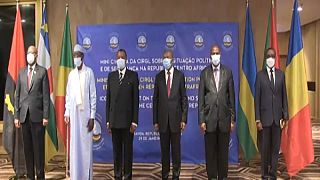
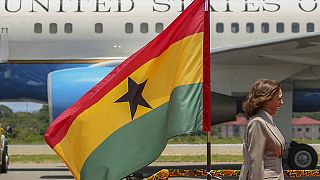
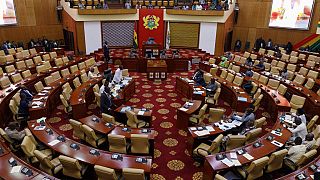
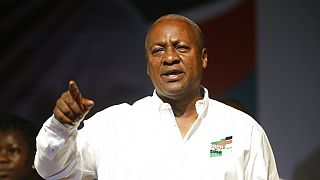

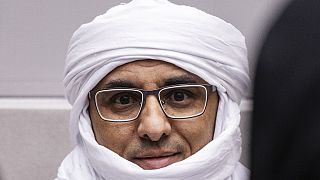

00:59
Gaza war: At least 14 killed in Israeli strike on school
11:07
Botswana's new government races to diversify its economy {Business Africa}
01:48
Kung Fu gains popularity among young people in Kenya
11:07
Benin: Tapping the potential of luxury tourism [Business Africa]
01:28
Putin says BRICS countries will drive economic growth in coming years
Go to video
Zimbabwe to compensate white farmers 20 years after land seizures